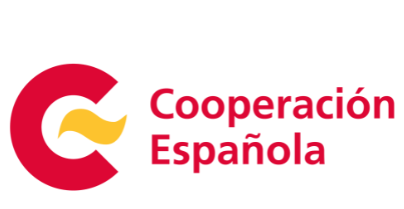Ms. Binta Jeng, First Secretary, Gambian Mission to the UN shared joined the FfD4 first preparatory committee session on ‘Making Finance Work for People and Planet through Integrated National Financing Frameworks’ held on 23 July 202 in Addis Ababa, Ethiopia
Ms. Jeng mentioned the significant progress made by Gambia in developing its INFFs as a crucial step towards achieving sustainable development priorities, climate commitments and boosting domestic revenue mobilization. Gambia faces pressing challenges, including a debt service cost exceeding 40% of domestic revenue and an 80% funding gap in the NDP (Nationally Determined Contribution), totaling $3.4 billion, which impacts SDG acceleration. Gambia leveraged its INFFs and prioritises strengthening of the leadership, expanding the tax base, enhancing private investment frameworks, and harnessing diaspora finance.
The full transcript of the speech is attached below:
I would like to start by acknowledging the significant progress the Gambia has made in developing its INFF, which is a crucial step towards achieving the country's sustainable development priorities and boosting domestic revenue mobilization. However, the fact that debt service cost now exceeds 40% (of domestic revenue) is a pressing concern that needs to be addressed. In terms of our experience the Ministry of Finance and Economic Affairs initiated the INFF last year, engaging multi-stakeholder dialogue with government, private sector, civil society, IFIs and development partners.
The INFF supports the new recovery-focused national development plan launched earlier this year by advancing sustainable development through a coherent financing approach. Notably, Gambia is one of the 86 countries that have adopted the INFFs and the framework has updated development financial assessments from 2017 to 2018. The INFF has identified new financing needs and opportunities, updated financial gaps and priorities, and supports the government's second NDC (Nationally Determined Contribution), which was rated as the sole NDC dedicated to achieving the ambitious Paris Agreement goal of limiting global warming to 1.5 degrees Celsius.
The NDC aims to effectively address pressing environmental and socio-economic challenges whilst fostering resilient recovery, anchored on Gambia's 2050 climate vision, the INFF has also updated the financial gaps and priorities and the NDP 2023 to 2027 faces an 80% funding gap totalling $3.4 billion, impacting SDG acceleration and requiring innovative solutions.
The plan addresses key challenges through seven strategic pillars, including resilience, governance reforms and human capital development. The recovery-focused NDP was led by the Directory of Development Planning in the Ministry of Economic Affairs and Finance and supported by the UNDP with the consultations from the EU, IMF and the World Bank. The Gambia's priorities in terms of implementation of the INFF include strengthening leadership and coordination for effective INFFs implementation through reporting by the Minister of Finance and Economic Affairs to Cabinet's high-level Economic Social Council ensuring enhanced coordination, oversight and timely decision-making reinforcing leadership by strengthening country-level leadership on financing aligning national strategies with global objectives and addressing institutional coordination and bottlenecks.
Expanding a tax base by addressing stagnation in the tax to GDP ratio improving compliance and leveraging digital tools, streaming tax exemption to drive growth in productive sectors and monitor tax expenditures for high-quality FDIs, enhancing private investment frameworks to attract sustainable FDIs and foster a conducive environment for impactful investment maximize ODA (Official Development Assistance) impact through improved coordination, transparency and alignment with national priorities strengthen the Gambia Strategic Review Board for optimal funding mix.
Harnessing diaspora finance by leveraging diaspora remittances for national development, reducing transfer costs and promoting investment through the diaspora desk; strengthening multi-stakeholder engagement by emphasizing inclusivity and collaboration in INFF operationalization process; gender equality by identifying gender-sensitive priorities, mainstreaming gender considerations and including funding to support initiatives that promote gender equality and addressing gender-based violence.
Based on our experience, we recognize that as we move forward with the INFF approach, our financing priorities are clear: we need to mobilize resources to address food security and poverty while investing in productive capacity to drive economic growth. The Gambia is committed to advancing sustainable development through the INFF framework. We anticipate productive discussions and continued collaboration to drive progress in financing for development.
International partners can play a crucial role in supporting our efforts to mobilize climate finance and reduce debt vulnerabilities. We need to work together to improve the global finance landscape and make finance more affordable and accessible. In our INFF, we have identified a pipeline of projects that align with our development and climate objectives. However, we need support from the international community to bridge the financing gap and reform the international architecture to become more conducive for countries such as the Gambia to realize its financing and sustainable development outcomes that we are all striving for. This could include concessional financing grants, innovation financing that could help us leverage private sector investment, capacity building and technical assistance to support the government's efforts to mobilize resources and implement policy reforms.
Thank you.




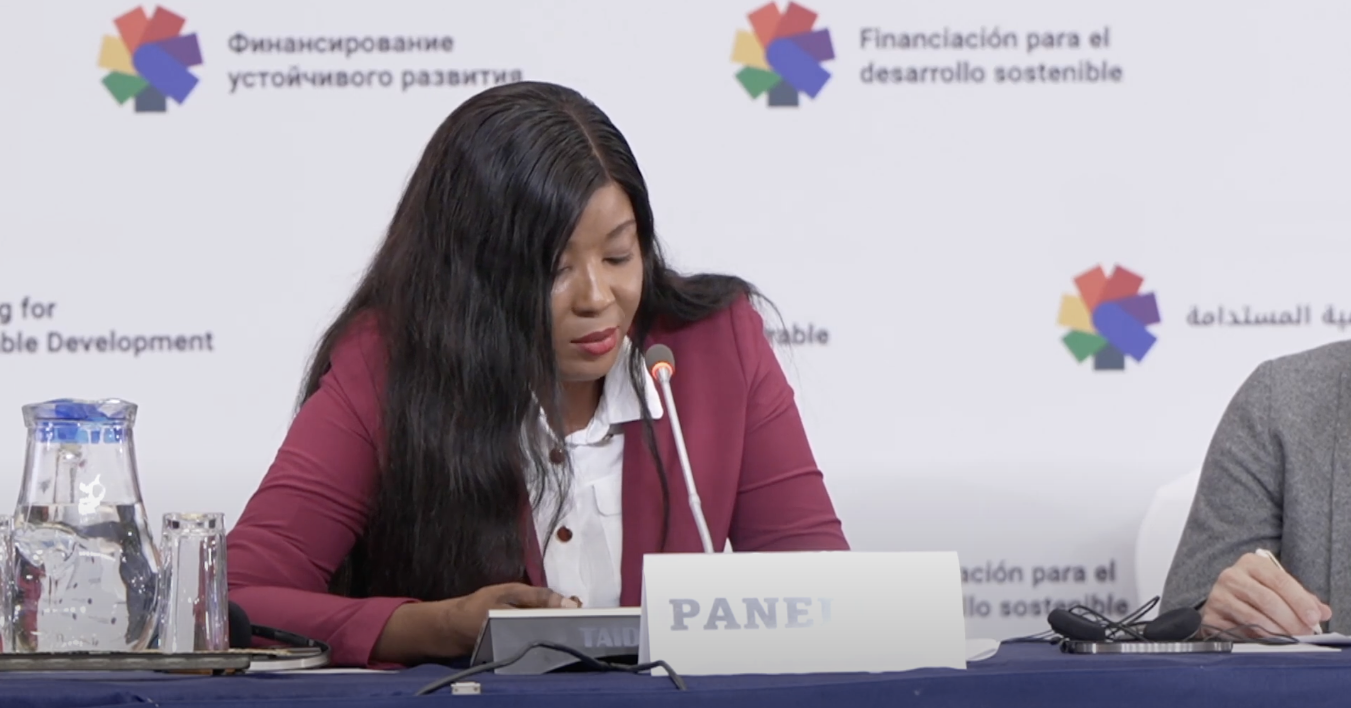


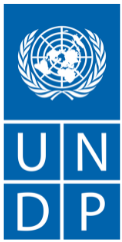

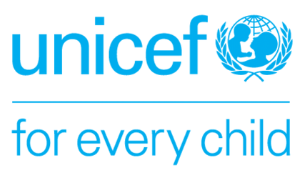

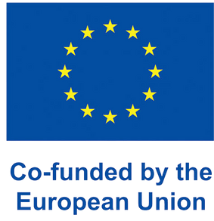
.png)

